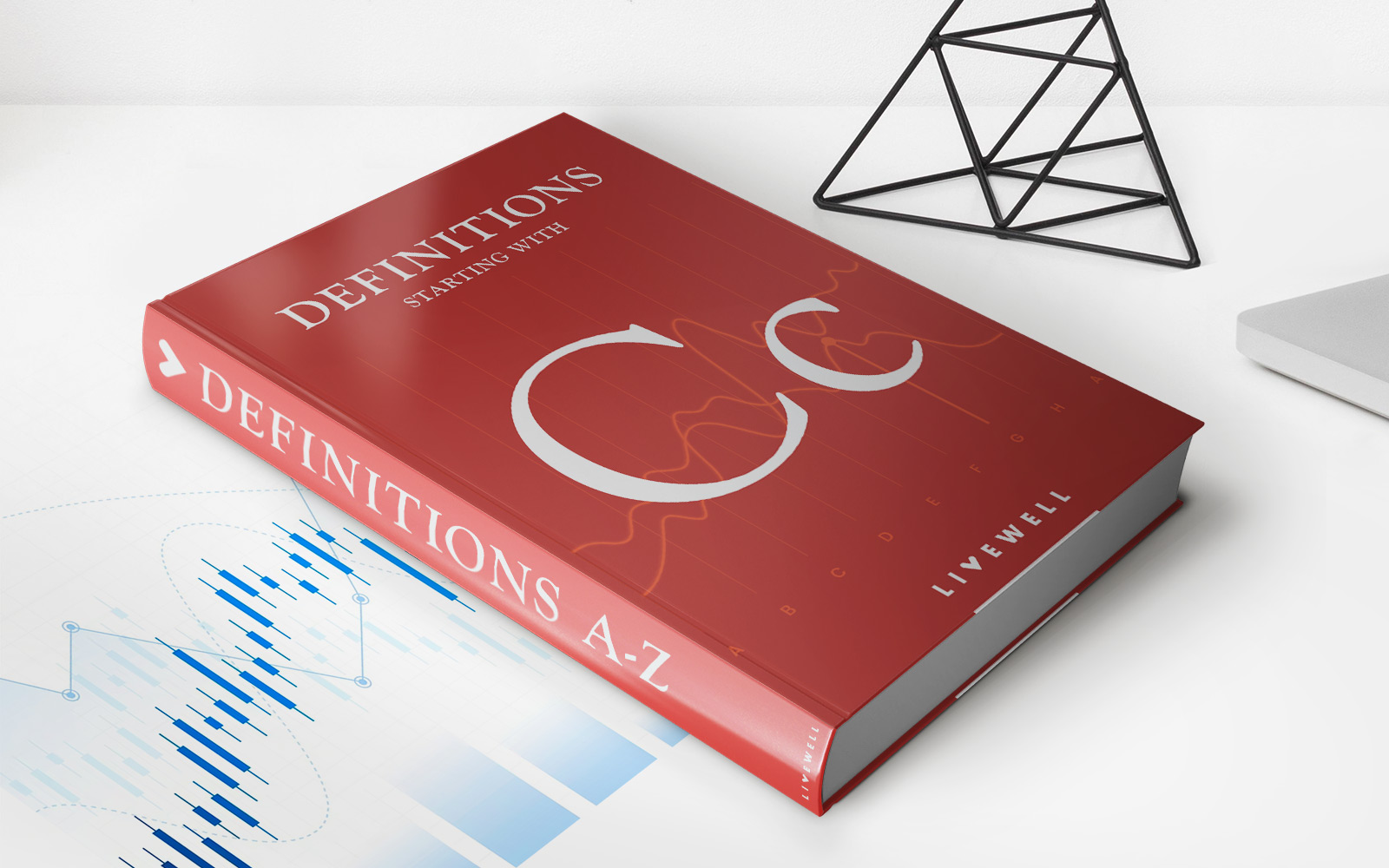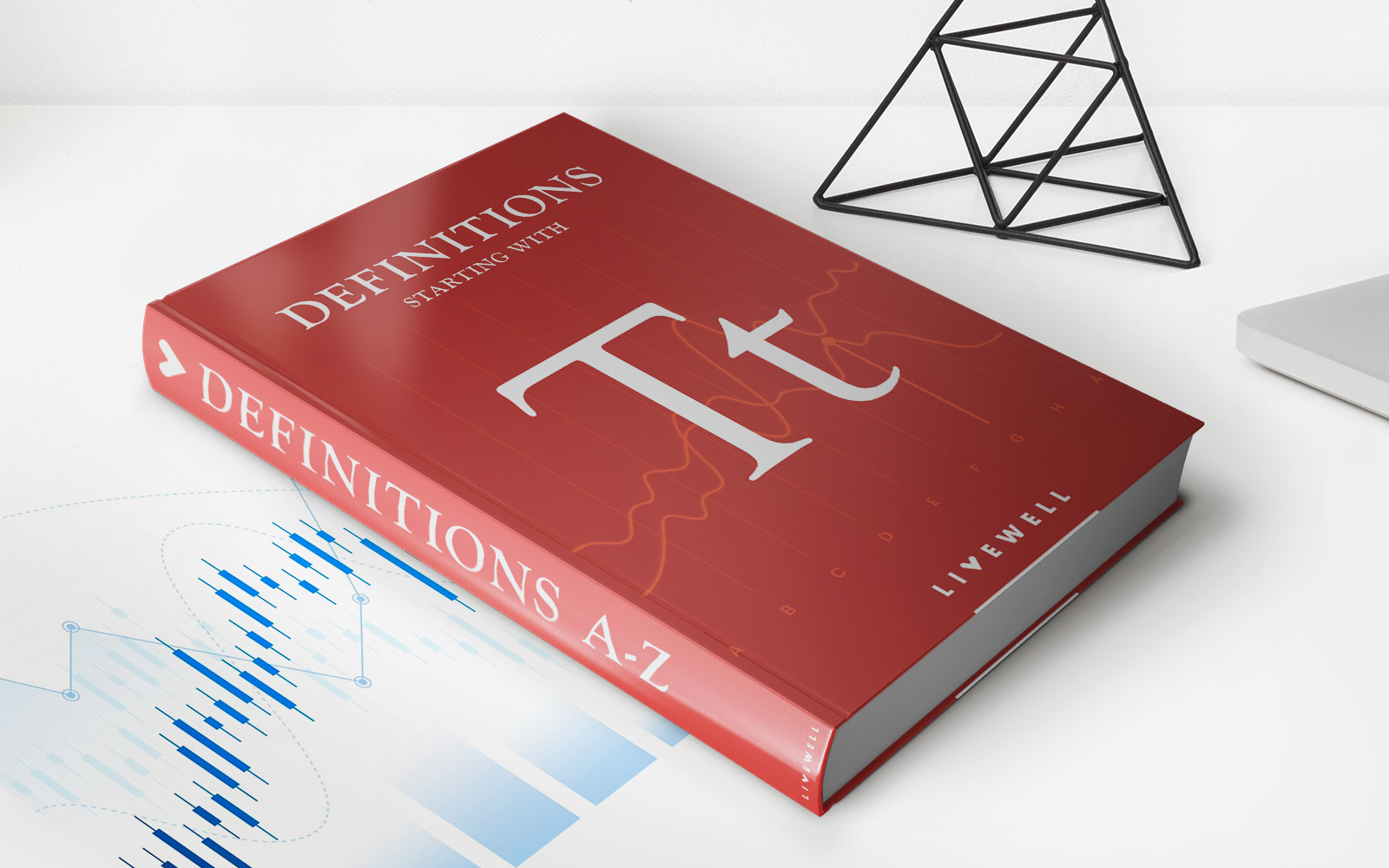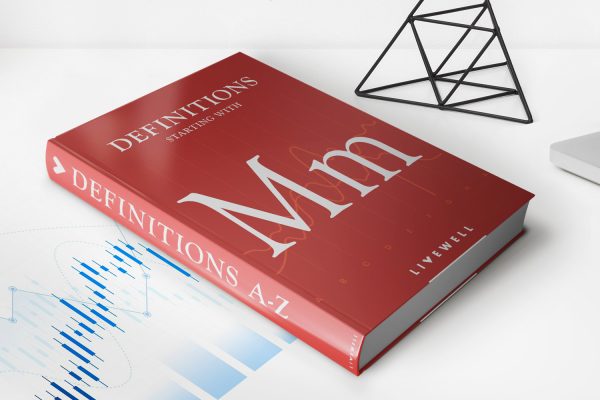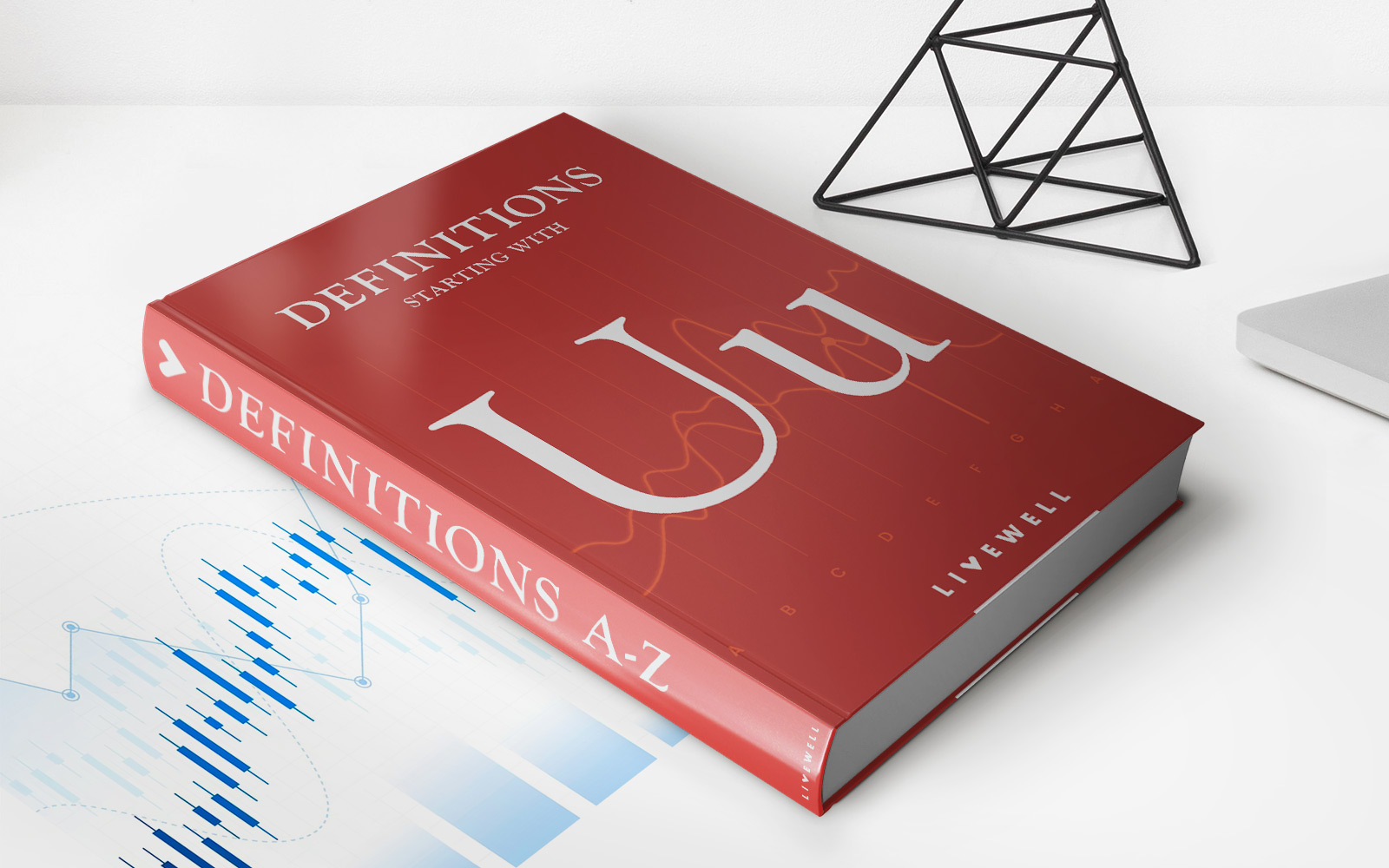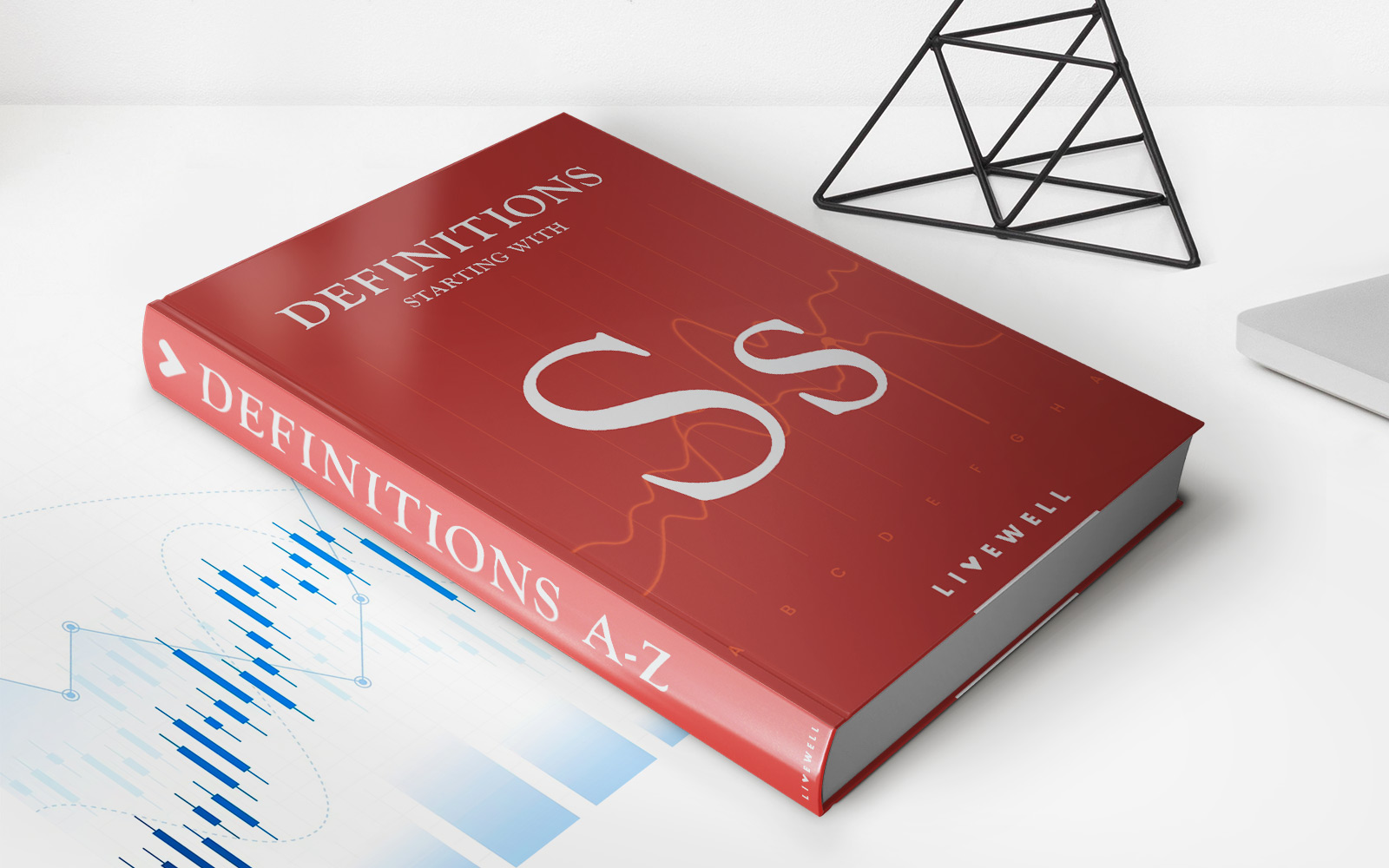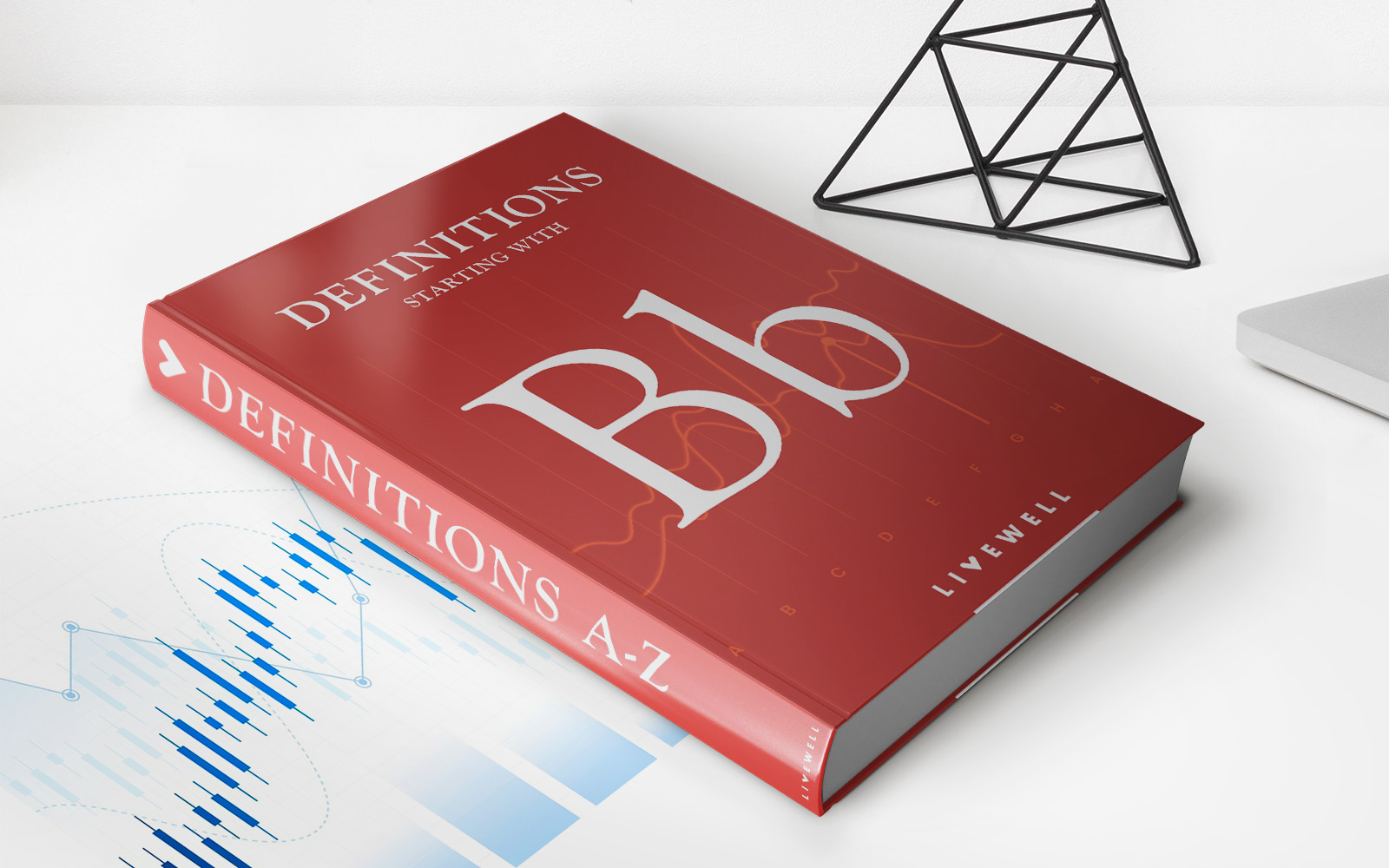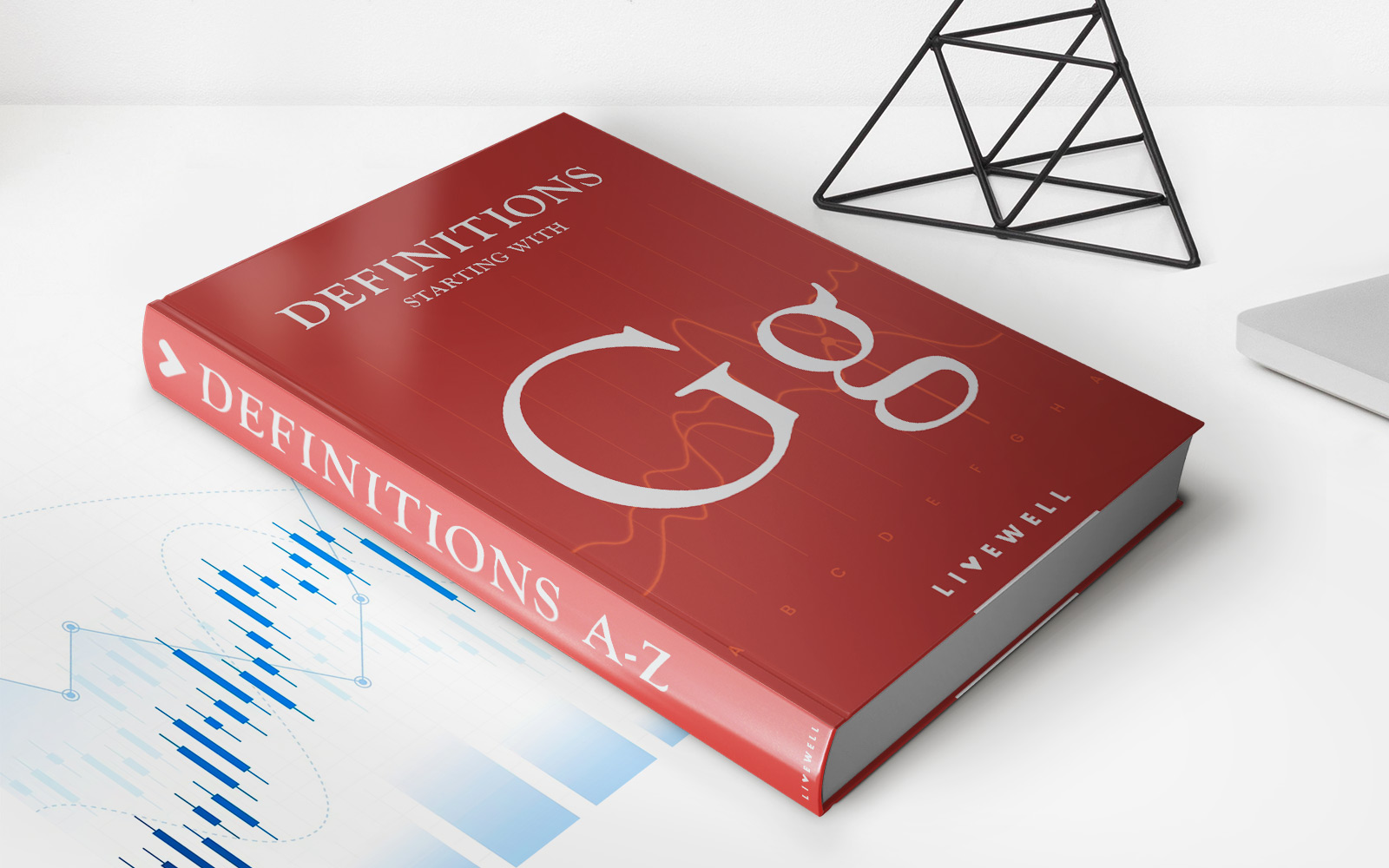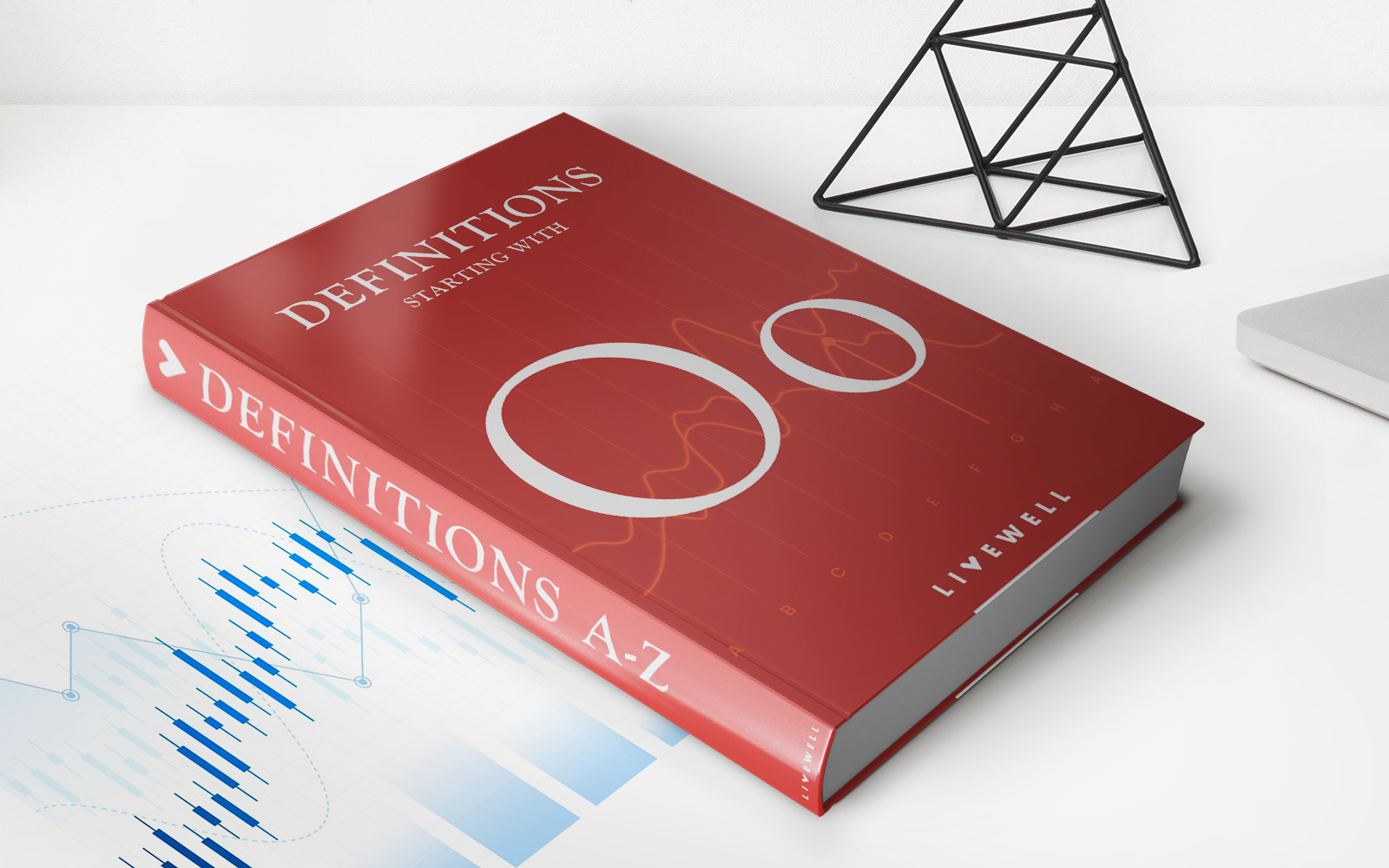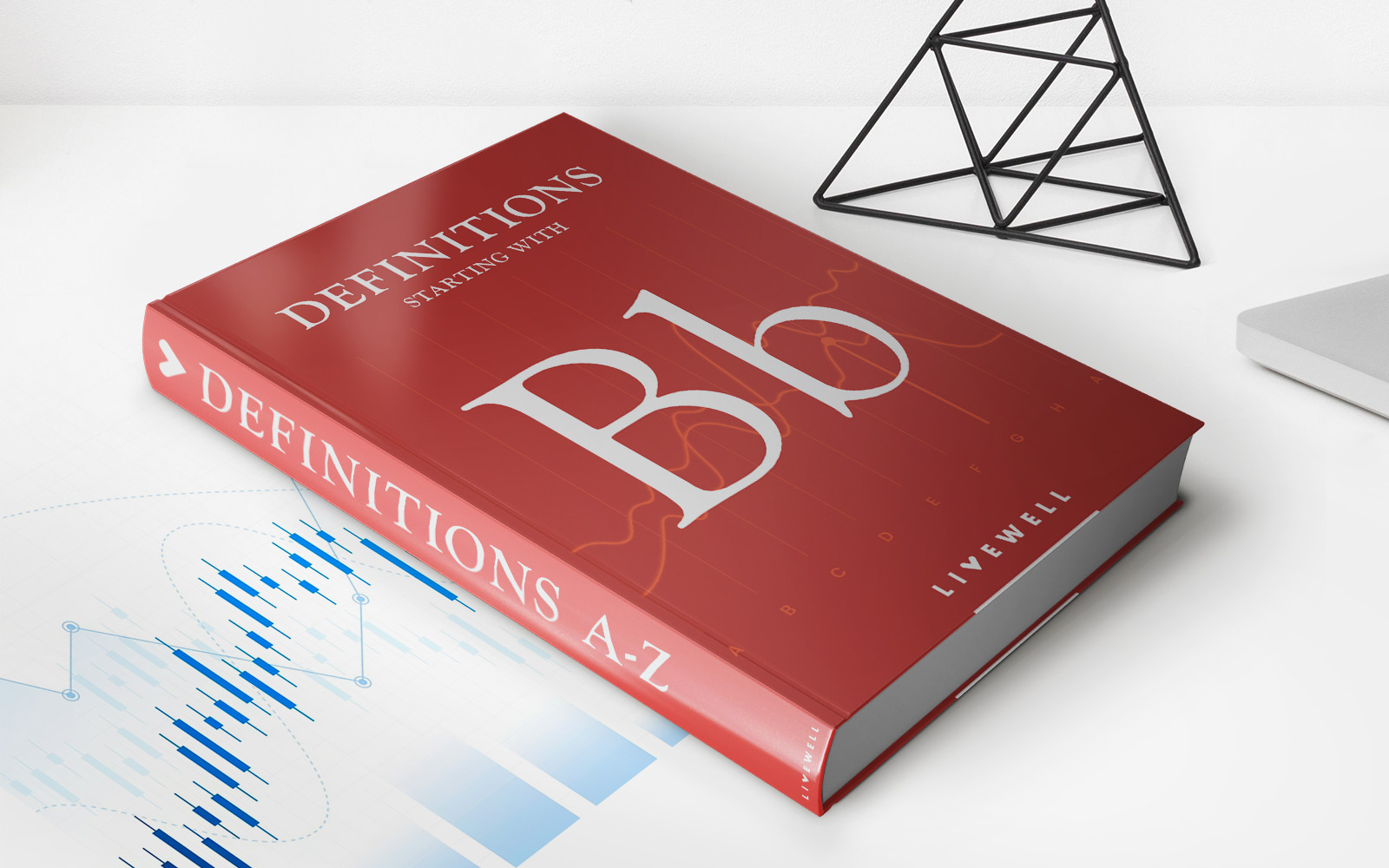Home>Finance>Islamic Banking And Finance Definition: History And Example
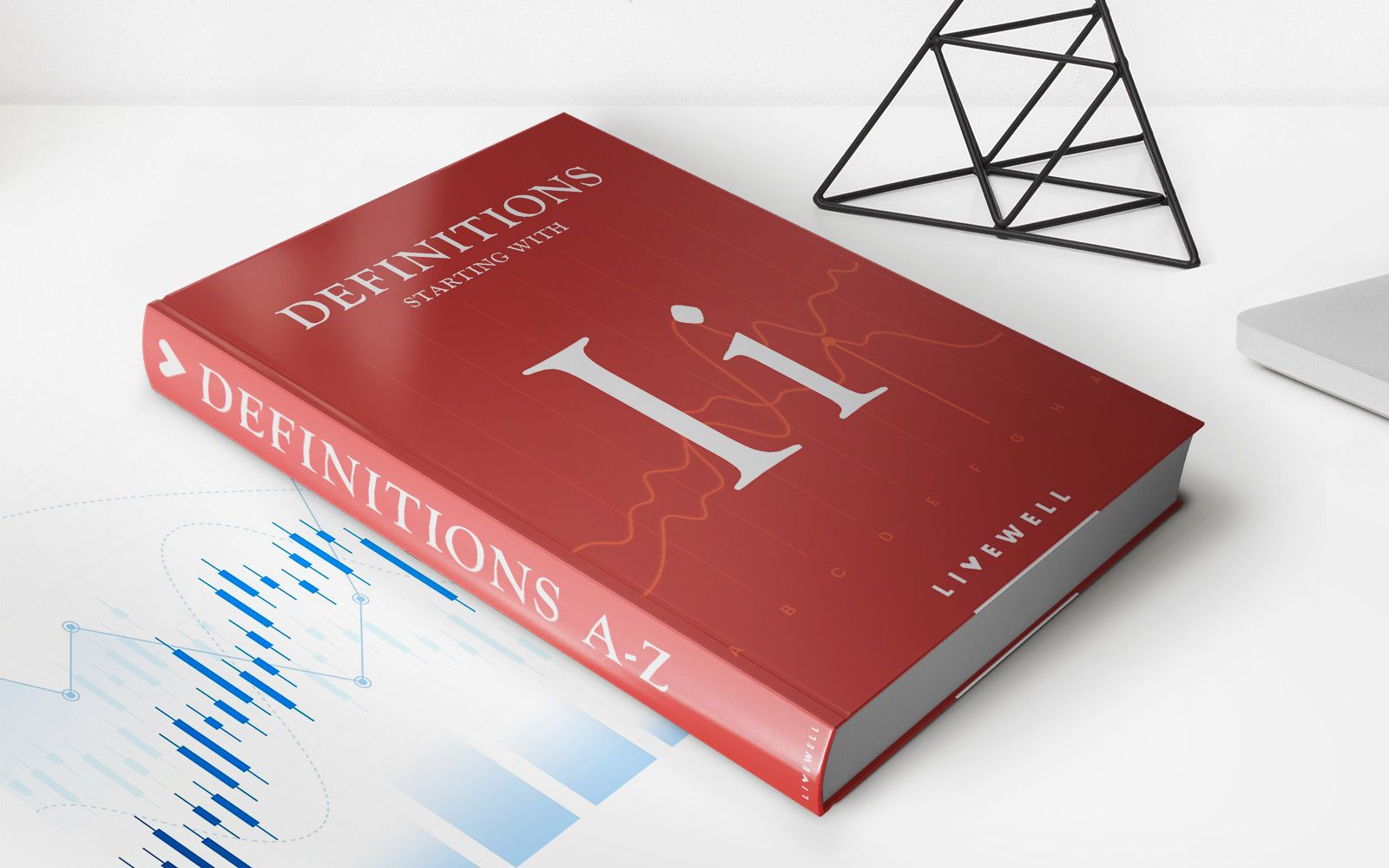

Finance
Islamic Banking And Finance Definition: History And Example
Modified: December 29, 2023
Learn about the definition, history, and examples of Islamic finance, a unique approach to banking that adheres to Islamic principles, ensuring ethical and interest-free financial transactions.
(Many of the links in this article redirect to a specific reviewed product. Your purchase of these products through affiliate links helps to generate commission for LiveWell, at no extra cost. Learn more)
Islamic Banking and Finance: Definition, History, and Example
Welcome to another exciting post from our “Finance” category. In this article, we will explore the intriguing world of Islamic banking and finance. We’ll start by defining what Islamic banking and finance are, delve into their history, and provide a real-life example to help you grasp the concepts. So, fasten your seatbelts and let’s dive right in!
Key Takeaways:
- Islamic banking and finance operate according to the principles and guidelines of Islamic law, known as Sharia. This means avoiding interest (riba) and engaging in ethical investments.
- The roots of Islamic banking and finance can be traced back to the early days of Islam, but modern practices began to emerge in the 1960s. Today, Islamic finance has gained popularity and is practiced by millions worldwide.
What is Islamic Banking and Finance?
Islamic banking and finance refer to financial systems that operate in accordance with Islamic law, which prohibits the charging or paying of interest, also known as riba. Instead, these systems follow principles of fairness, justice, and ethical conduct. Islamic banking and finance involve various financial products and services that cater to individuals and businesses while adhering to the guidelines of Sharia.
Islamic finance industry holds a unique position as it harmonizes faith with financial transactions, offering alternatives for those seeking ethical financial solutions. It values transparency, risk-sharing, and societal betterment, ensuring that the financial activities align with ethical frameworks established in Islamic principles.
History of Islamic Banking and Finance
The origins of Islamic banking and finance can be traced back to the early days of Islam. In the seventh century, the Prophet Muhammad laid the foundations of economic and financial principles. However, modern practices of Islamic banking and finance began to take shape in the 1960s when economists and scholars aimed to align the financial sector with Islamic teachings.
Initially, these efforts started as small-scale experiments, but they gained momentum in the 1970s when oil-rich Islamic countries sought alternatives to conventional banking systems. Islamic banks were established in countries like Saudi Arabia, Kuwait, and Malaysia, leading to the birth of a new industry. Today, Islamic finance has become a global phenomenon with institutions and products available in numerous countries around the world.
An Example of Islamic Banking and Finance: Musharakah
Let’s explore an example of an Islamic financing arrangement known as musharakah. Musharakah is a form of partnership where two or more parties pool their resources and expertise to carry out a business venture. Unlike traditional banking systems, where money lending is the primary source of income, musharakah builds an environment of shared profits and risks.
In a musharakah, each partner contributes capital to the joint venture, and profits from the business are distributed amongst the partners based on a pre-agreed ratio. In case of losses, the partners share the losses proportionately, based on their capital contributions.
This partnership model promotes fairness and encourages a cooperative spirit among participants, fostering a sense of shared purpose and responsibility.
In Conclusion
Islamic banking and finance represent a unique and ethical approach to financial systems. The industry has grown significantly over the years, offering alternatives to conventional banking for individuals and businesses who seek ethical financial solutions. Products such as musharakah exemplify the principles of sharing, fairness, and cooperation embedded within Islamic finance. So, whether you’re interested in exploring new financial avenues or simply want to expand your knowledge, Islamic banking and finance are definitely worth exploring!
